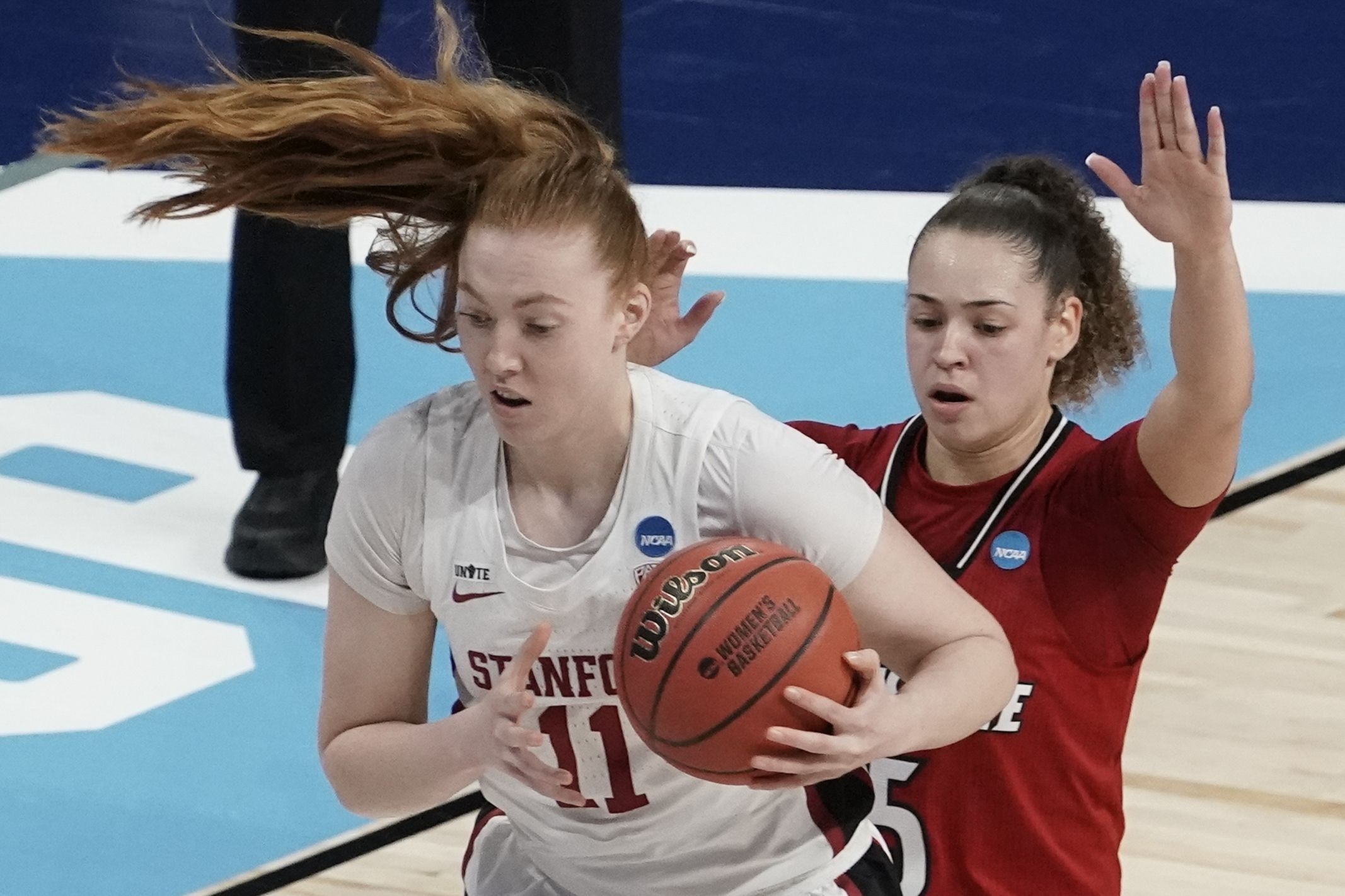How much intellectual property is too much | Pop Culture Prospectus
Be careful what you wish for, you might just get it.
There’s a scene in “Star Wars: Episode IV – A New Hope” that lasts a little more than four minutes, in which Obi-Wan Kenobi reflects on this universe’s recent tortured history.
“For over a thousand generations, the Jedi Knights were the guardians of peace and justice in the Old Republic. Before the dark times … before the Empire,” Kenobi says shortly after referencing “the Clone Wars.”
For two decades, fans speculated about these words and this history. The genius of “Star Wars’” world-building is its nebulous scope. It’s a galaxy with, according to Wookieepedia, more than 3.2 billion habitable planets. Yet in the original trilogy, we visit only four (Tatooine, Hoth, Dagobah, Bespin) plus two moons (Yavin 4, Endor). It was the perfect vessel for fan-fiction culture.
We saw how it worked out once we discovered what the Clone Wars were with the prequel trilogy. The ideas at the core of the prequels were a lot more compelling than you might remember, but the execution was … lacking, to be generous.
There were three “Star Wars” movies over the course of 22 years. Since 2015’s “The Force Awakens,” Disney’s first foray into the galaxy, we’ve had five movies and a TV show. In December, Disney announced a whopping two movies and nine Disney+ series to add to that list.
This isn’t just happening with “Star Wars.” It’s happening with everything in the film and TV industries.
The Marvel Cinematic Universe had 23 movies over 11 years. We’re now on Disney+ show No. 2 in 2021, with “The Falcon and the Winter Soldier.” On the docket for Disney’s Marvel entries are 10 movies and nine TV series by 2023.
Amazon is entering the fray via Middle-Earth with its billion-dollar purchase to the “Lord of the Rings” rights from the Tolkien estate, though the development is on a pace slower than Frodo and Sam’s walk to Mount Doom. The AT&T/Warner Bros./HBO conglomerate is gearing up for the same, with five “Game of Thrones” spinoffs in the works and the tires are being kicked on “Harry Potter” content.
But what happens when this is all we have left? That’s hyperbolic, of course, but this intellectual-property-centric momentum is a tsunami that keeps growing larger by the year. Oversaturation is a guarantee, and some level of fatigue is inevitable and will be determined by the quality of the content.
We, as a viewing audience, are already so stretched thin with a new streaming service popping up seemingly every six months, and shows upon shows being shoved to the wayside on our watchlists. When this kind of intellectual property starts to dominate all of it, from the big and small screen, where will that leave the small films like “Lady Bird” or “Whiplash,” or shows like “Fleabag” and “Atlanta”?
Now, there are some easy counterpoints relevant to this in the present. This isn’t a quantity over quality argument — yet. “Fleabag” and “Atlanta” are the kind of shows that never get made in the bygone era of network television, with such irreverence and singular visions from Phoebe Waller-Bridge and Donald Glover, respectively.
Secondly, so far new franchise entries, like “The Mandalorian” and “WandaVision” have been quite enjoyable. They’re fun, witty and very digestible on a weekly basis. But they’re best served as a nice complement to a media-watching diet, not the main course.
When everything has to have this IP wrinkle, that’s when we may start to lose what made film and television such creative and unique mediums. Looking at the top-20 grossing movies in 2019 (2020 doesn’t count), only two films (“Us” and “Once Upon a Time … in Hollywood”) weren’t sequels, remakes or part of some expanded universe.
It’s a second “Jumanji,” a third “How to Train Your Dragon,” a fourth “Toy Story,” a 147th “Fast & Furious” and on and on it goes.
Martin Scorsese tied himself knots trying to nicely say he hates Marvel movies. His remarks didn’t resonate, and a lot of his takes were misguided. If you cut through all of his “cinema is art” holier-than-thou platitudes, he gets to the true point of it.
“So, you might ask, what’s my problem?” Scorsese wrote in a November 2019 New York Times Op Ed. “Why not just let superhero films and other franchise films be? The reason is simple. In many places around this country and around the world, franchise films are now your primary choice if you want to see something on the big screen. It’s a perilous time in film exhibition, and there are fewer independent theaters than ever. The equation has flipped and streaming has become the primary delivery system. Still, I don’t know a single filmmaker who doesn’t want to design films for the big screen, to be projected before audiences in theaters.”
These two worlds of franchise IP and independent cinema can coexist — and they have, in various iterations, for years. As studios, streaming services and other corporations continue to consolidate everything into an entertainment oligarchy, however, green becomes a lot more motivating than gold.
If we’re not careful, Thanos may snap his fingers and wipe it all out — or half of it, at least.
Warner Strausbaugh is a page designer for The Denver Gazette and columnist for Pikes Peak Newspapers. Contact him at warner.strausbaugh@gazette.com.
Marvel Studios
Anthony Mackie and Sebastian Stan in a scene from “The Falcon and The Winter Soldier.”
WARNER STRAUSBAUGH








